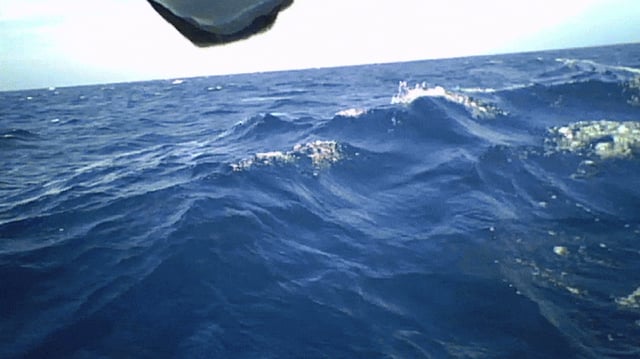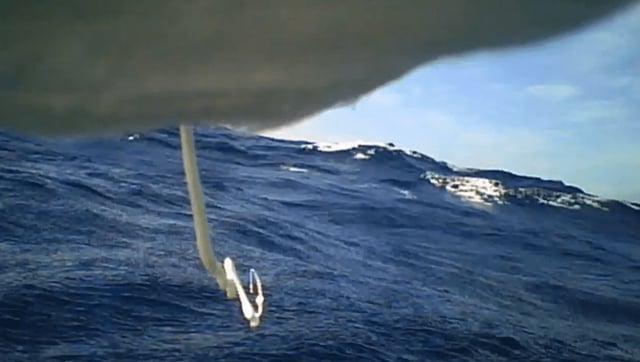Overview
- Published in Current Biology on August 18, the study used backward-facing belly cameras on 15 birds to capture nearly 36 hours of footage and about 195–200 excretion events.
- Defecation occurred every 4–10 minutes—roughly five times per hour—with an estimated 30 grams per hour expelled, about 5% of body mass.
- Only one event was recorded while a bird floated, and in ten cases individuals took off, defecated, and landed again within a minute.
- Researchers suggest hygiene, predator avoidance, or reduced energetic costs as possible reasons, but they have not identified a definitive cause.
- The team plans longer-duration sensors paired with GPS to map where droppings enter the ocean and to test whether similar patterns occur in other seabirds, informing disease-transmission studies.



